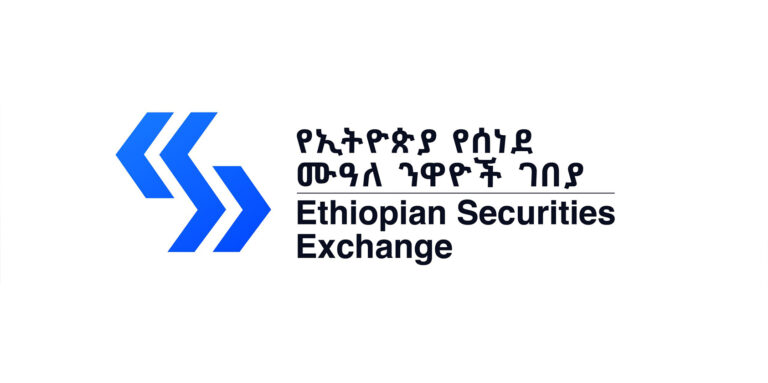Ethiopia’s much-anticipated Securities Exchange (ESX) is poised to begin official trading next week, signaling a transformative moment for the country’s financial sector. Following successful pilot transactions conducted two weeks ago, the ESX is now ready to fully operate, opening new avenues for investment and economic growth.
Since its establishment in October 2023, the ESX has garnered significant attention and support from both local and international investors. The capital raising campaign, launched in November 2023, exceeded expectations by securing 1.5 billion birr (approximately $26.6 million), surpassing the initial target by an extraordinary 631%. This capital infusion came from 48 institutional investors across finance and non-financial sectors, with coordinated efforts spanning Addis Ababa, Nairobi, and London.
The ESX operates under a pioneering public-private partnership model, with the Ethiopian government holding a 25% stake through Ethiopian Investment Holdings, while the private sector controls the remaining 75%. Key foreign investors include FSD Africa, the Trade and Development Bank Group (TDB), and Nigeria’s NGX Group. On the domestic front, participation comes from 16 private commercial banks, 12 private insurance companies, and 17 other institutional investors. State-owned enterprises such as Ethio Telecom and the Commercial Bank of Ethiopia also hold shares, collectively accounting for the government’s stake.
Several companies have already registered or are preparing to list on the ESX. Gadaa Bank S.C. recently confirmed its official registration, becoming the second bank to join the exchange after Wegagen Bank S.C, which obtained its first business membership certificate earlier this year.
The ESX’s ambitious roadmap aims to include up to 50 companies within the next five years and more than 90 businesses over the first decade of operation. This expansion is expected to significantly deepen Ethiopia’s capital market, providing businesses with new opportunities to raise capital and investors with diversified options.
The launch of the ESX is a cornerstone of Ethiopia’s broader economic reform agenda, designed to modernize the financial sector, enhance transparency, and improve access to long-term financing for both public and private enterprises. By fostering a transparent and efficient marketplace for securities trading, the ESX is expected to catalyze private sector growth, stimulate investment-led development, and promote financial inclusion across the country.
Since its official inauguration in January 2025, the ESX has rapidly progressed from concept to operational readiness. The exchange features a state-of-the-art electronic trading platform integrated with a modern central securities depository, enabling efficient issuance, trading, clearing, and settlement of a wide range of financial instruments including equities, treasury bills, corporate bonds, and Sharia-compliant securities.
The ESX also addresses longstanding challenges in Ethiopia’s financial system, such as the absence of an interbank trading platform, which previously limited liquidity management and contributed to high borrowing costs. Since piloting its interbank trading platform in late 2024, the ESX has facilitated trades exceeding 135 billion birr (approximately $1.1 billion), demonstrating strong uptake and improving credit accessibility for businesses.
Market experts and development partners have hailed the ESX as a game-changer for Ethiopia’s economy. It is expected to unlock the potential of small and medium-sized enterprises (SMEs), which form the backbone of the country’s economic growth, by providing them with access to capital previously unavailable through traditional banking channels.





